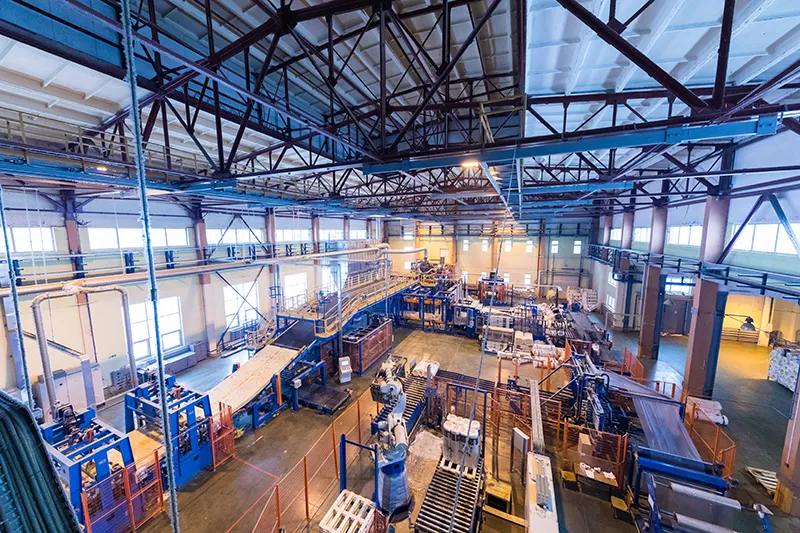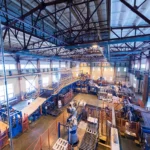In response to renewed tariff policies under President Donald Trump, U.K.-based heavy machinery manufacturer JCB has announced a major expansion of its San Antonio, Texas, production facility. The move is part of the company’s strategic effort to mitigate the financial impacts of heightened import duties on foreign-made equipment.
JCB revealed it will double the size of its upcoming San Antonio plant—currently under construction—bringing the total footprint to 1 million square feet. The expansion significantly builds on the company’s original plans unveiled in 2023, and increases the project’s total investment to $500 million.
The facility is expected to create 1,580 jobs, offering an average salary of $54,889, according to a 2024 briefing presented to local officials. Production at the Texas site is slated to begin in 2026.
A Strategic Move Amid Trade Pressures

JCB manufactures more than 300 types of machinery for clients across 150 countries, operating 21 production sites worldwide, including in the U.K., China, and India. The company currently has one active U.S. manufacturing facility at its North America headquarters in Savannah, Georgia, which produces excavators, skid steers, and military-grade equipment.
In a public statement, CEO Graeme Macdonald acknowledged the “significant short-term impact” of the tariffs on JCB’s global operations but emphasized that expanding U.S. production capabilities would serve as a medium-term buffer.
Until the San Antonio plant becomes operational, JCB will continue to manufacture key product lines—including telescopic handlers and aerial work platforms—at its facilities in the U.K. and India. Once production begins in Texas, the factory will initially focus on the Loadall telescopic handlers and related aerial equipment, the company confirmed in a June 2024 release.
Building for the Future
Located on a 400-acre site, the San Antonio plant is poised to become JCB’s second-largest manufacturing facility, trailing only its global headquarters in Staffordshire, U.K. The land acquisition also offers the company flexibility for future expansions and additional product lines.
“JCB has been in business for 80 years this year, and we are well accustomed to change,” said Anthony Bamford, Chairman of JCB. “The United States is the largest construction equipment market in the world. President Trump’s trade policies have prompted us to reevaluate our operations and invest even more deeply in U.S. manufacturing.”
With trade policy remaining a key variable in global manufacturing strategy, JCB’s investment signals a broader trend of reshoring as global firms work to adapt supply chains to evolving political and economic landscapes.








